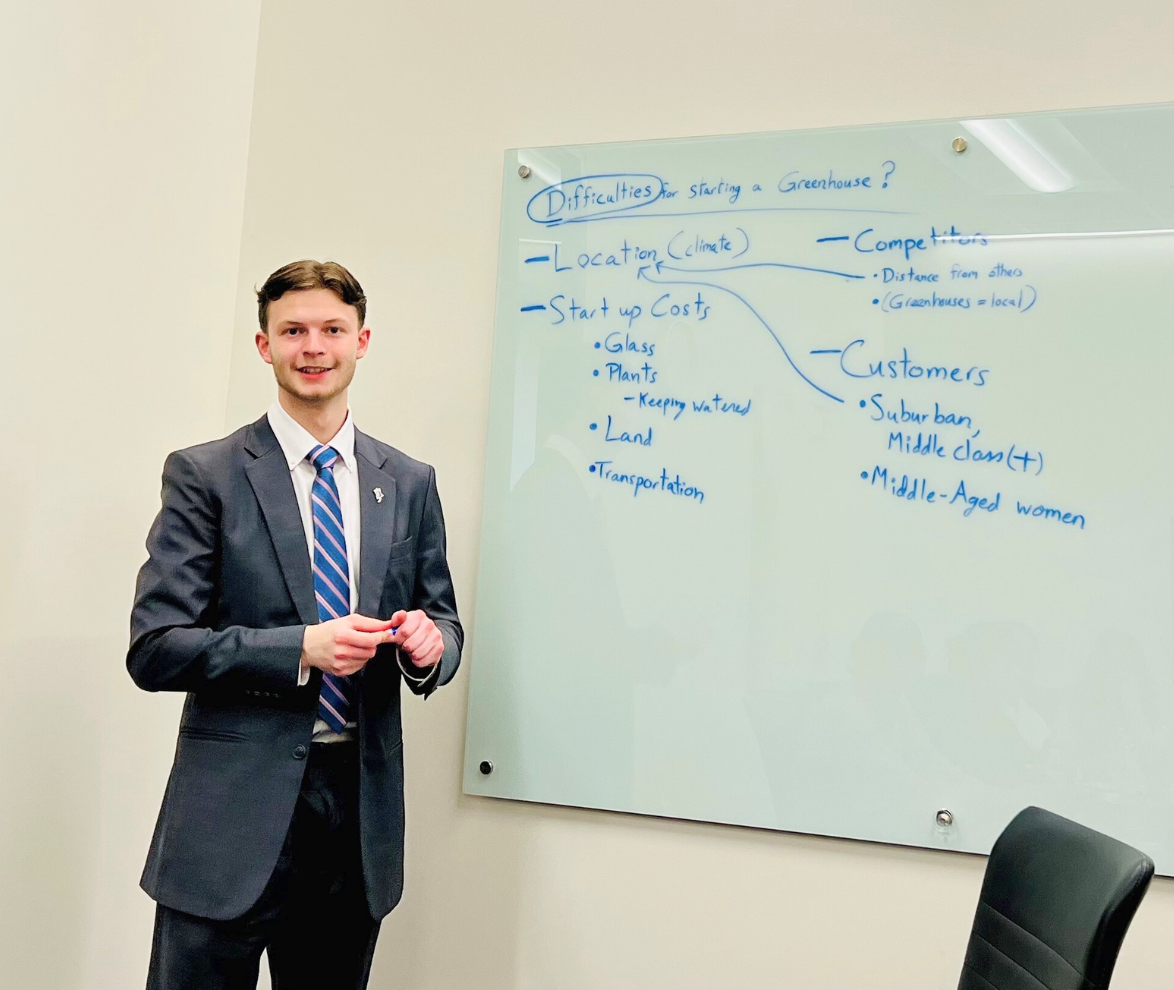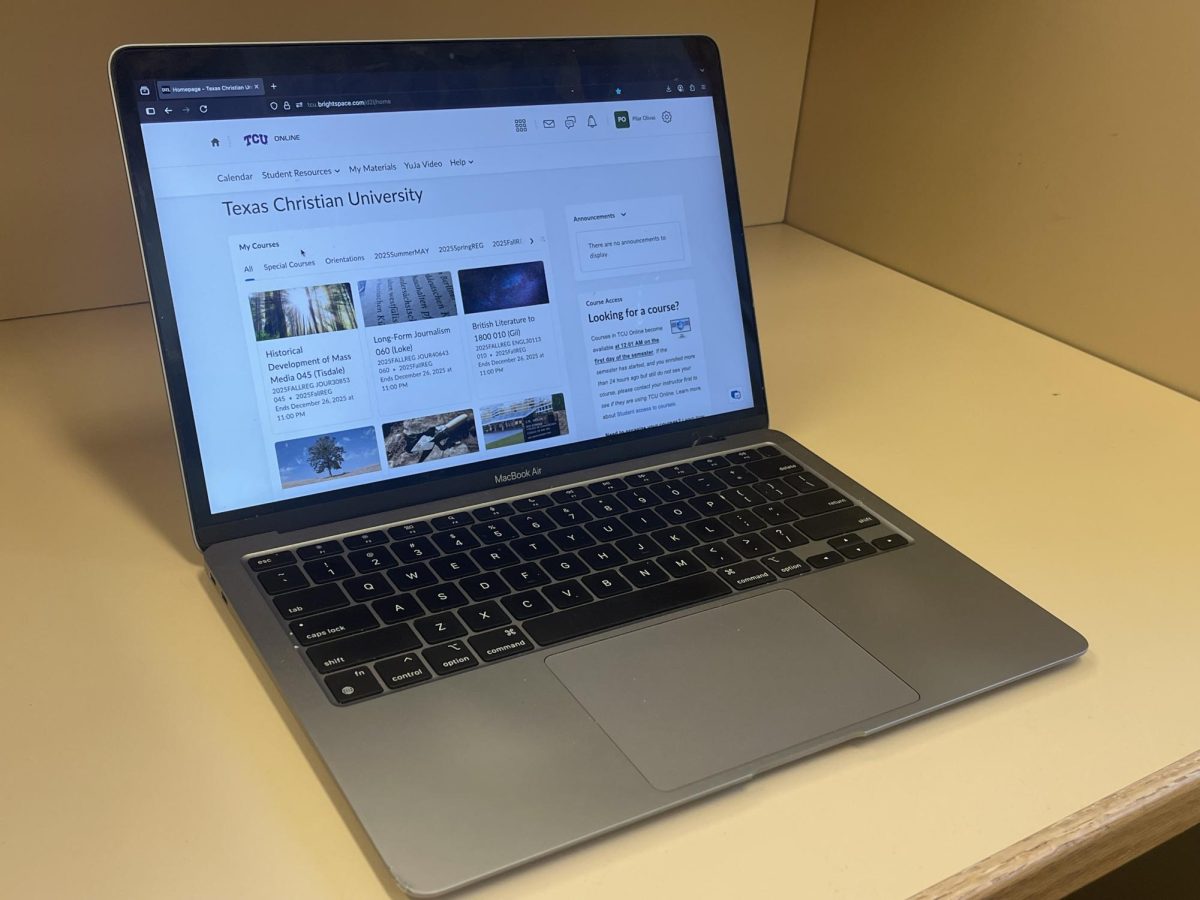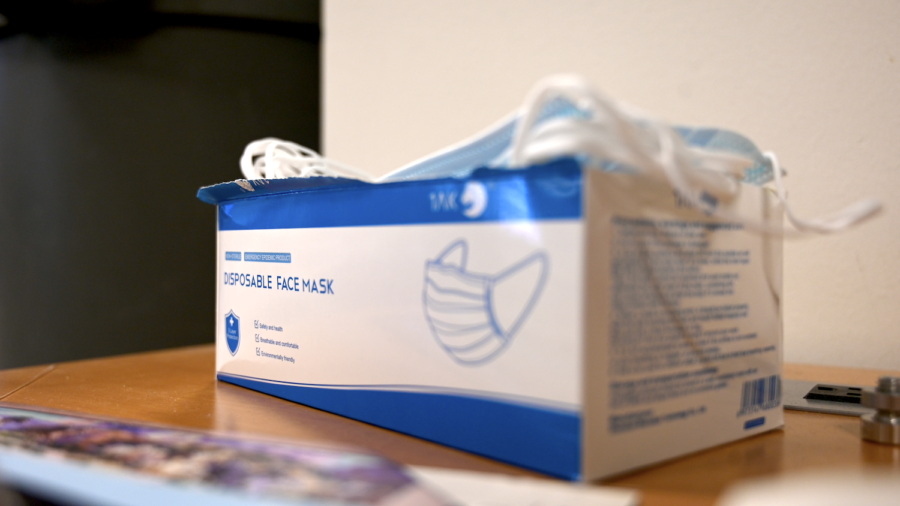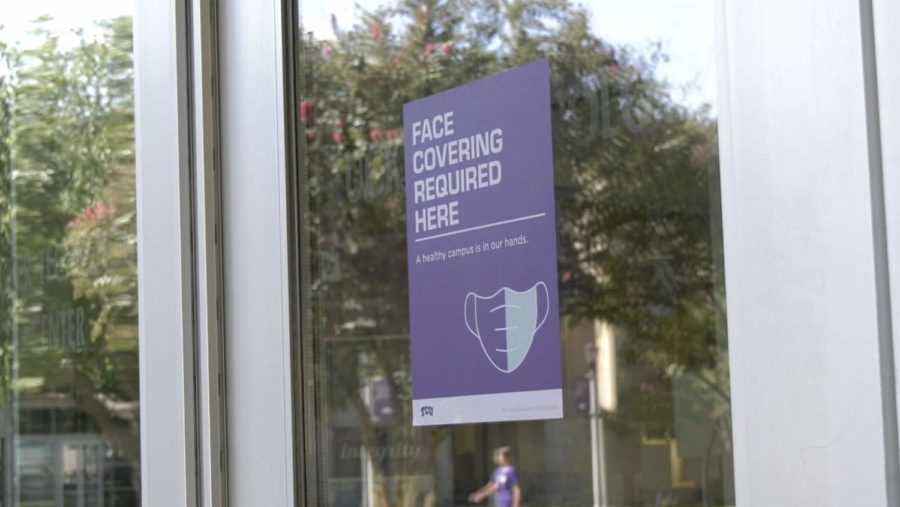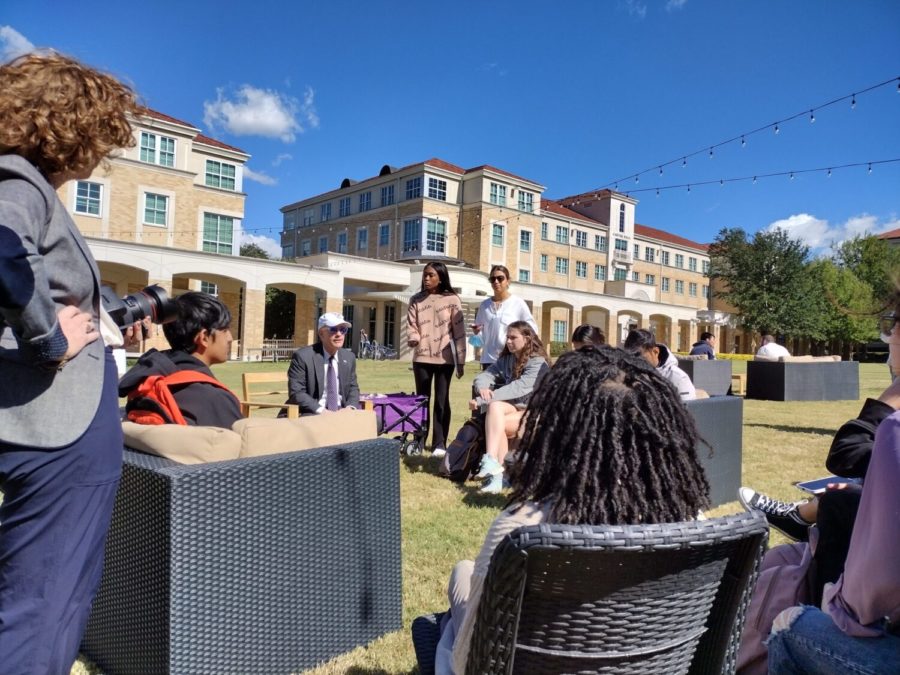A major component of the nursing program at TCU lies in the hands-on experience students gain through working in area hospitals and simulation labs on campus.
The switch to distance learning has temporarily taken these experiences away and is forcing the program to come up with innovative solutions in its absence.
TCU’s Associate Dean for Nursing and Nurse Anesthesia, Dr. Suzy Lockwood, said that she is confident in the online resources that TCU has been able to access and further develop.
“Students are completing on-folding case studies, virtual case studies and scenarios in addition to meeting synchrony with their clinical faculty to explore clinical scenarios and events,” she said.
Lockwood said the programs were acquired without any additional cost for the students.
Nikki Zavesky, a junior nursing student, dislikes the transition to distance learning because it’s given her less real-world experience.
“I feel like I will be less prepared overall for my upcoming semesters now that I have missed so many hours in the hospital and interacting with real patients,” she said.
The department has incorporated online instructional aids for health assessment training that they did not employ before the switch to distance learning.
Jillian Zane, another nursing student, said that this new clinical format allows them to analyze a new patient scenario every week and exposes them to a variety of situations that they might encounter during real rotations.
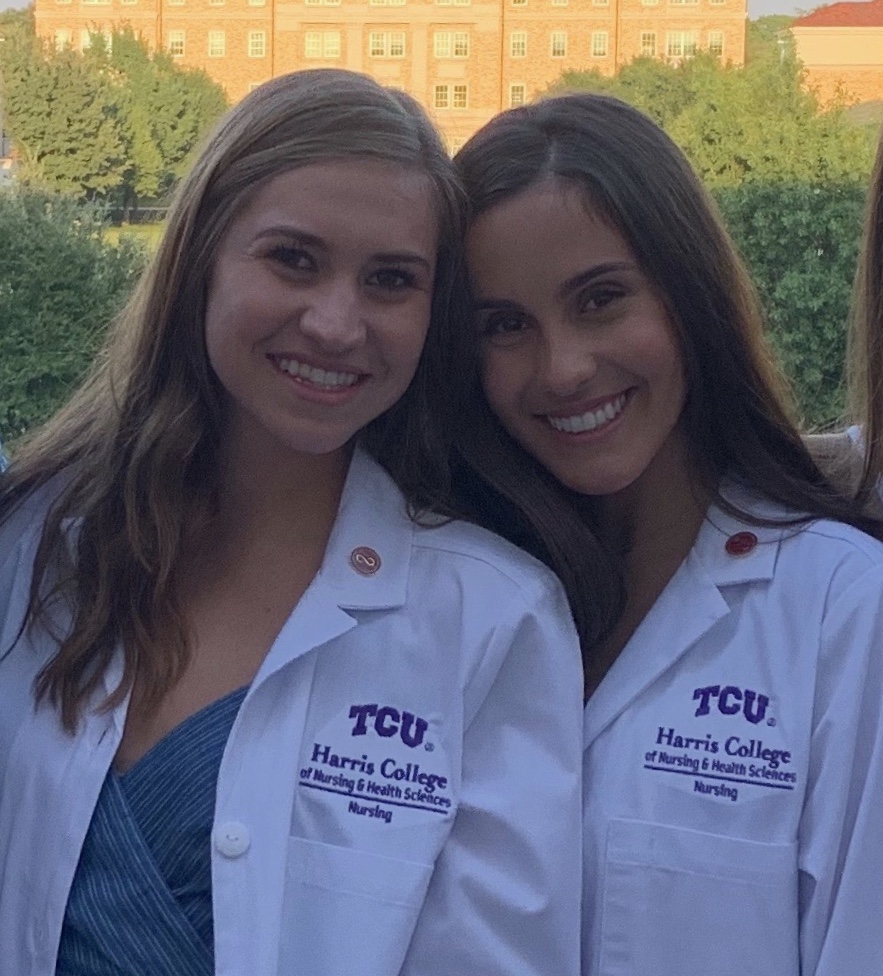
Lockwood said that the nursing program is continuing to brainstorm and plan to ensure that nursing students feel well-prepared to safely engage in hands-on patient care when they are able to return to campus.
“Nothing can fully replace those ‘real-life’ experiences, but I am very excited about the innovation and creativity our faculty/staff have engaged in, given our strong commitment to student success in clinical and ultimately as a professional registered nurse,” Lockwood said.
Zane believes that TCU’s nursing program has done an excellent job teaching the assessments and procedures so far.
“It is up to us as students to not let our skills get away from us,” she said. “It might take a little bit of adjusting and reviewing for returning students to get back into ‘clinical mode,’ but we are eager and will be ready when it is time to return.”
Other students talked about their worries about the lack of hands-on experience they are gaining during distance learning.
During on-campus learning, a simulation lab in the Annie Richardson Bass Building is equipped to look like a hospital room. Students can perform physical assessments, give safety checks and administer medications on manikin patients.
“The manikin would talk back to us and at times throw something out of the ordinary at us, so we had to always think on our feet,” said Isabell Collins, senior nursing student. “Now that everything’s online we still study the three case studies, but only discuss the one that we are assigned in our Zoom meetings.”
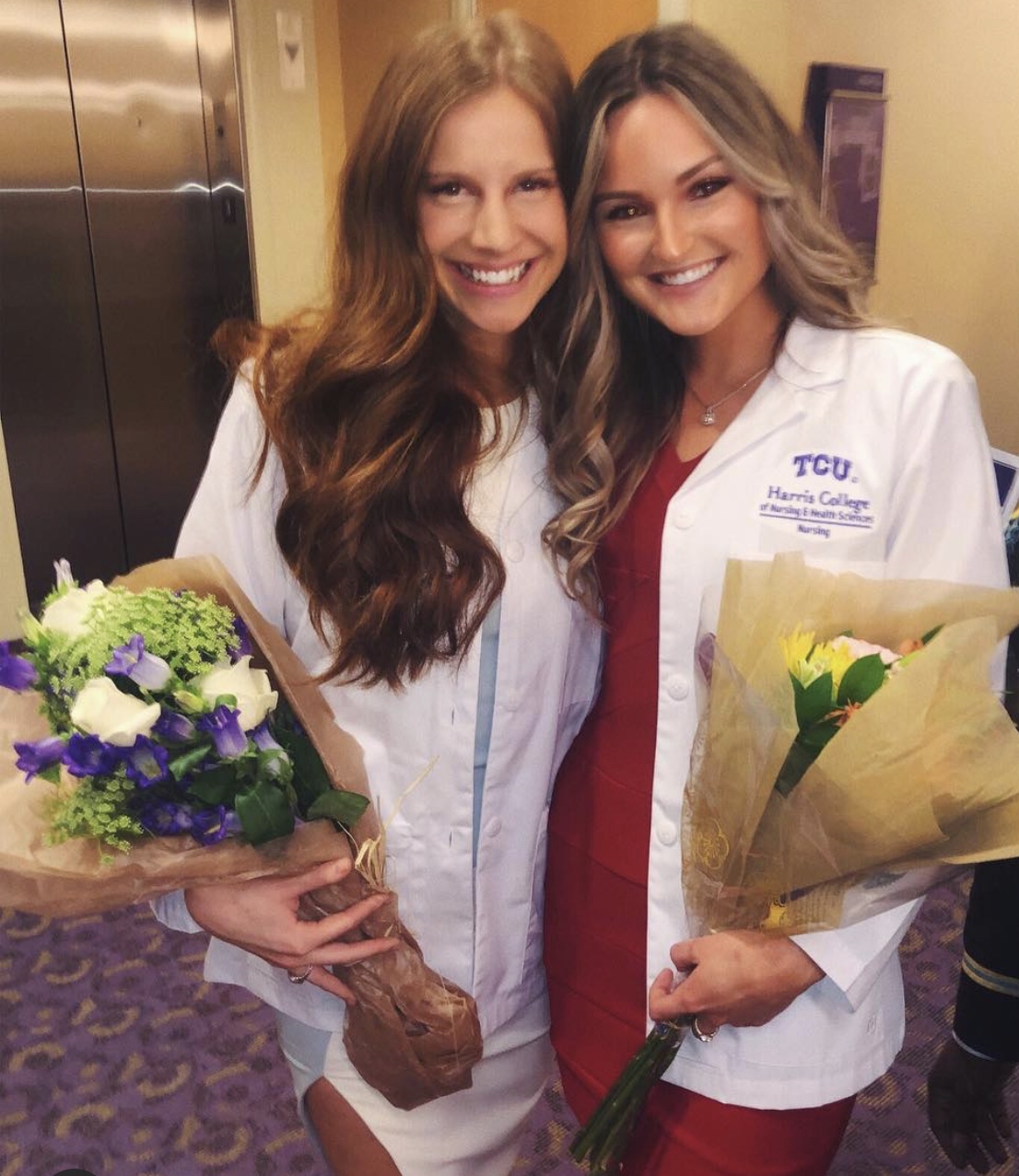
Nursing students are also assigned to follow and observe nurses at area hospitals as part of their clinical training.
“We follow the nurses around and practice giving medications, perform different skills on their patients and do assessments and documentation,” said Zavesky. “We usually do this for 6-7 hours and then meet back up with our professor and classmates to talk about what we did for that day.”
The nursing program has been ranked No. 1 out of 22 colleges in the state for the last two years, according to College Factual.
There are over 2,000 undergraduates enrolled in TCU’s Harris College of Nursing and Health Science as of the Fall 2019 and 700 students in the nursing program, according to TCU’s Fact Book.


